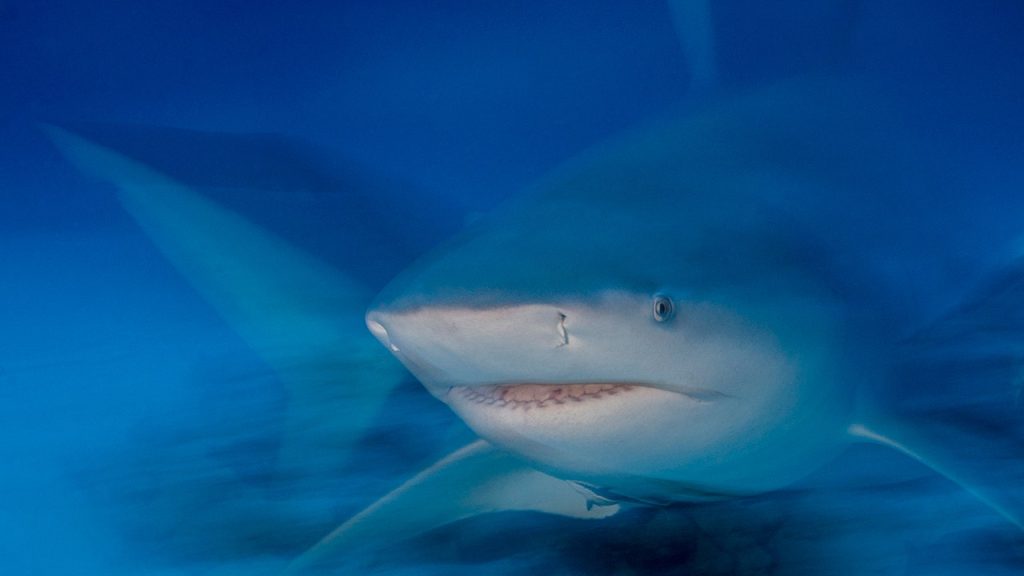A 64-year-old British tourist on vacation in Tobago had his arm and leg mauled by a bull shark while in waist-deep water near the Starfish Resort in Courland Bay. The attack, which happened just 30 feet from the shore, left the man with severe injuries, including a severed hand and thigh, along with lacerations to his stomach. He was hospitalized in intensive care following the incident, with graphic images showing the extent of the damage from the shark bites. Tobago House of Assembly Chief Secretary Farley Augustine described the shark as being between 8 to 10 feet long and 2 feet wide, calling the man lucky to be alive after the attack.
The victim’s injuries prompted the closure of several beaches in Tobago as officials began monitoring the area closely. Augustine stated that authorities were conducting drone reconnaissance and surveillance, with Coast Guard patrols and the Department of Fisheries combing the area to ensure safety for residents and tourists. The British High Commissioner and Trinidad and Tobago Coast Guard were also involved in monitoring the situation. Shark attacks are considered rare, with only 69 unprovoked attacks reported last year worldwide, along with 14 fatalities. Provoked bites numbered 22, indicating that such incidents are relatively uncommon in comparison to other risks.
The incident highlights the potential dangers of shark encounters, especially in popular tourist destinations like Tobago. Witnesses described seeing a dorsal fin emerging from the water before the attack occurred, underscoring the sudden and unpredictable nature of such events. Despite the rarity of shark attacks, the consequences can be severe, as in this case where the tourist suffered significant injuries that led to the loss of his arm and leg. The severity of the injuries and the proximity of the attack to the shore raise concerns about safety protocols and surveillance measures, prompting authorities to implement additional precautions.
The presence of a bull shark in the waters close to a tourist resort poses challenges for local authorities as they work to prevent future incidents. Bull sharks are known for being aggressive and are responsible for a significant number of shark attacks globally. Their ability to swim in both saltwater and freshwater makes them adaptable to various environments, increasing the likelihood of encounters with humans. In response to the attack, beach closures and enhanced surveillance measures were implemented to protect residents and visitors, emphasizing the importance of monitoring shark activity in coastal areas.
Efforts to prevent shark attacks and ensure the safety of beachgoers involve a combination of surveillance, public awareness, and emergency response procedures. By coordinating with relevant agencies and adopting proactive measures, authorities can enhance their capacity to respond to shark-related incidents effectively. Educating tourists and residents about shark safety and implementing measures to minimize the risk of encounters can help mitigate potential threats. While shark attacks remain rare, proactive measures and collaboration among stakeholders are essential to maintaining safety and security in coastal areas like Tobago, where tourism plays a significant role in the local economy.
The incident serves as a reminder of the unpredictable nature of wildlife encounters and the importance of preparedness in handling emergencies. By addressing the immediate aftermath of the shark attack and implementing measures to prevent future incidents, authorities aim to reassure residents and tourists about the safety of the beaches in Tobago. Prompt response, enhanced surveillance, and public awareness campaigns are vital components of a comprehensive approach to managing the risks associated with shark activity. As Tobago continues to monitor the situation and support the victim in his recovery, efforts to prevent shark attacks and promote safety along the coast remain a top priority for local authorities and stakeholders.















